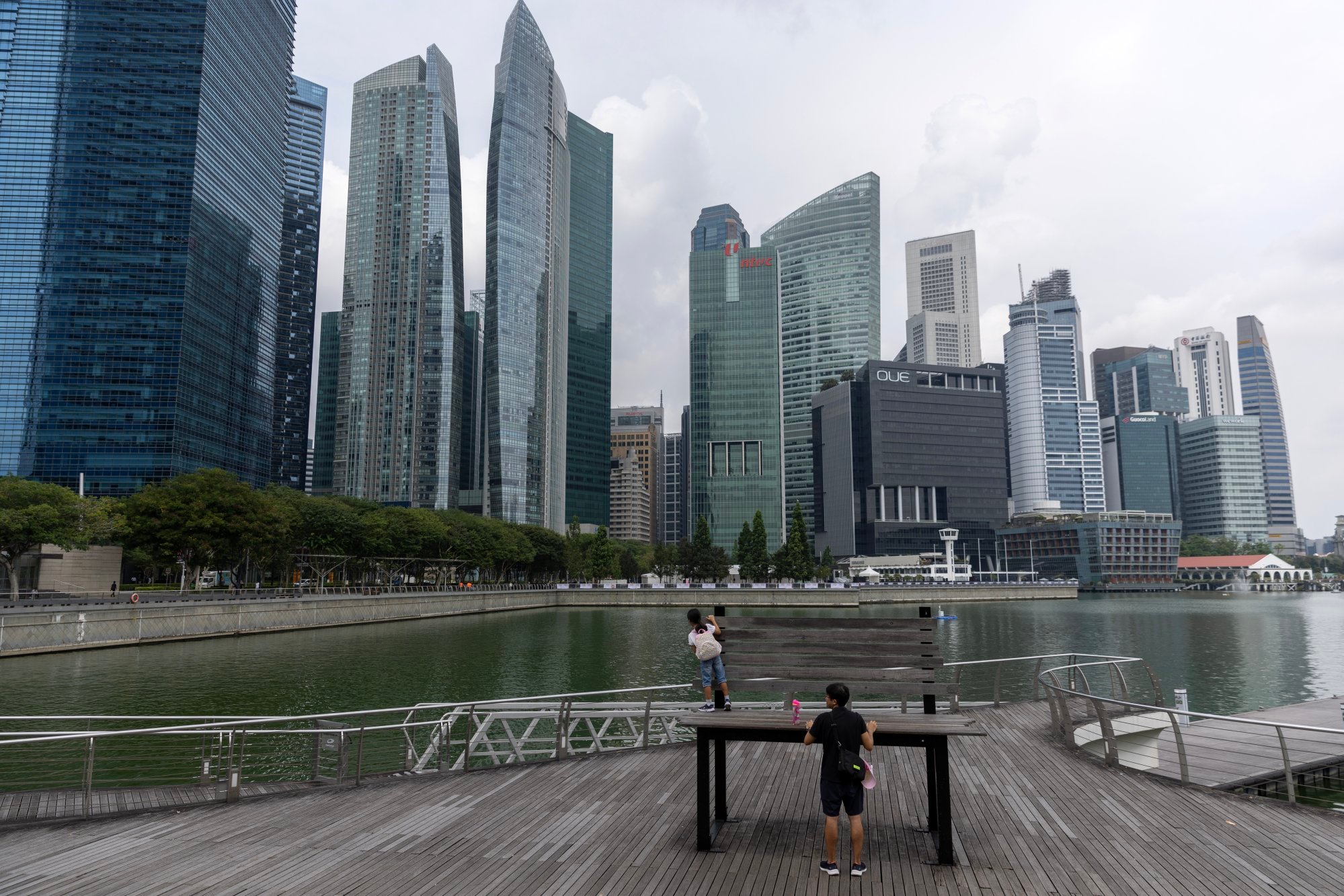Investors from the West had invested as much as US$37.87 billion in Asia-Pacific real estate as recently as the second quarter of 2022, compared with regional investment of US$21.93 billion, the ULI data showed.

That trend is corroborated by JLL data, which showed Western funds’ proportion of investment in Asia-Pacific real estate had shrunk from 16.9 per cent in 2019 to 9.9 per cent in the first three quarters of this year.
“The dynamic here is more a function of lack of buying by global funds,” said Alan Beebe, CEO of ULI Asia-Pacific. “Regional investors have more confidence in regional economies, while global investors tend to revert to home jurisdictions in times of stress.”
Elevated interest rates have made investors more risk-averse, he said.
Most central banks, including the US Federal Reserve and the European Central Bank, have recently paused rate hikes, but they are still likely to maintain their tight monetary policies for at least the early part of next year to prevent consumer prices from heating up again.

Japan, ranked No 4, invested US$2.2 billion in Asia-Pacific real estate in the nine months to September, double the previous historic high of US$1 billion in 2018.
“They [global investors] are also subject to portfolio rebalancing requirements,” Beebe said. “The ‘denominator effect’ will oblige funds that have specific allocations to real estate, say 15 per cent, to stop buying or even sell real estate assets if falling values of other asset classes in their portfolios, such as bonds, cause real estate to become a disproportionately large part of the value of their overall holdings.
“They now have higher return thresholds – due to higher interest rates – for the type of big-ticket office and retail assets they have traditionally favoured.”
Next year, investment patterns are likely to mimic 2023 amid lingering uncertainties in the global economy, said Beebe.
“Many investors are waiting for the other shoe to drop in terms of a potential global recession before they feel comfortable deploying more capital,” he said.
In the long-run, however, Western capital is likely to find a way back into the region, but in the meantime global fund managers are only focused on assets in Japan given the ultra-low interest rates in the world’s third-largest economy.
“There is likely to be a reversion to the mean,” he said.
China and Hong Kong, on the other hand, have to contend with geopolitical issues, a factor that is likely to weigh heavily on investors’ options, Beebe added.
Commercial property investment in Asia-Pacific plunged in third quarter: JLL
Commercial property investment in Asia-Pacific plunged in third quarter: JLL
Meanwhile, the anticipated loosening of monetary policies towards the latter part of 2024 should boost global fund activity in the region, analysts said.
“The Asia-Pacific capital markets are poised for a resurgence in activity in the coming quarters,” said Christine Li, head of research for Asia-Pacific at Knight Frank.
“While rate cuts are anticipated to inject optimism into the currently stagnant market, investors will closely evaluate whether these expectations are already fully reflected in current prices, signalling the opportune time for market re-entry.”
Investors, however, are still likely to be selective on where they deploy capital, said Pamela Ambler, head of investor intelligence and strategy for Asia-Pacific at JLL.
“Investors may continue to diversify geographically to minimise concentration risk due to geopolitics,” she said.
“Stable geographies, such as Japan and Australia, and emerging markets, such as India and Vietnam, could benefit from the predominant de-risking trend.”
Bagikan Berita Ini














0 Response to "Asia-Pacific funds overtake global investors as they increase bets on regional property markets - South China Morning Post"
Post a Comment